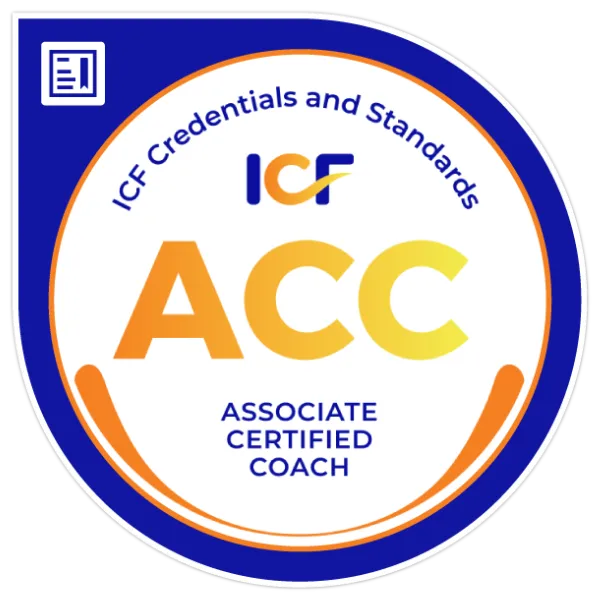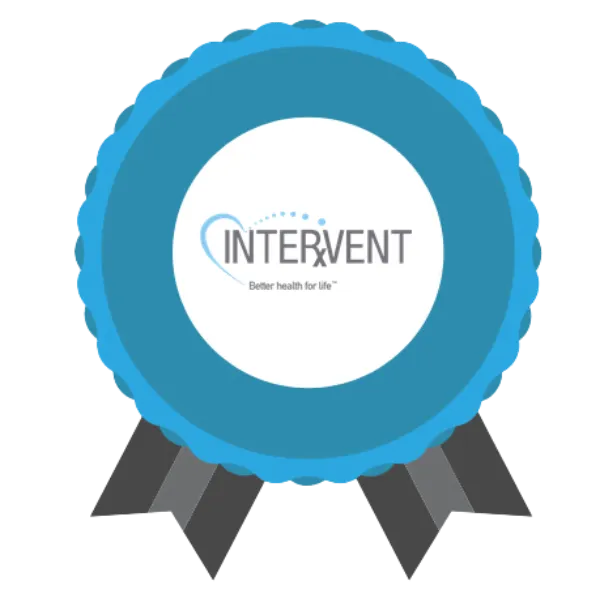Blogs
Contact me today!
I'm happy to help.

Mastering Leadership with Emotional Intelligence
Technical skills alone are not enough for success. Leaders need to connect with their teams on an emotional level to build trust, teamwork, and resilience. This is where emotional intelligence (EI) becomes important. Emotional intelligence is the ability to understand and manage your own emotions while also recognizing and influencing the emotions of others. For leaders, developing EI is essential for creating a positive workplace culture and achieving long-term success.
Why Emotional Intelligence Matters in Leadership
Improves Communication: Leaders with high emotional intelligence are better at communicating. They understand the importance of listening carefully and responding with empathy. This helps reduce misunderstandings and encourages open and honest communication.
Enhances Team Performance: Emotionally intelligent leaders can recognize the strengths and weaknesses of their team members. They use this understanding to assign tasks that match each person's skills, boosting productivity and morale.
Builds Stronger Relationships: EI helps leaders build stronger relationships with employees, clients, and stakeholders. By showing empathy and understanding, leaders can create a sense of loyalty and trust, which is essential for long-term success.
Reduces Stress and Conflict: Leaders who can manage their emotions are better equipped to handle stress and resolve conflicts. They stay calm under pressure and can navigate difficult situations without letting emotions take over.
Promotes Personal and Professional Growth: Emotional intelligence encourages self-awareness and self-control, which are key for personal and professional development. Leaders who understand their emotions are more likely to seek feedback and continuously improve their skills.
Ready to take your leadership skills to the next level? Book a free consulting call today and discover how personalized coaching can help you develop emotional intelligence and transform your leadership style.
Developing Emotional Intelligence
Practice Self-Awareness: The first step in developing EI is understanding your own emotions. Reflect on your feelings and reactions in different situations. Writing in a journal can help you track your emotional responses and identify patterns.
Cultivate Empathy: Empathy is the ability to understand and share the feelings of others. Practice active listening and try to understand the perspectives of others. This will help you respond more effectively to their needs and concerns.
Improve Self-Regulation: Learn to manage your emotions, especially in stressful situations. Techniques such as deep breathing, meditation, and mindfulness can help you stay calm and focused.
Enhance Social Skills: Build your social skills by engaging in meaningful conversations and networking with others. Practice being approachable, open, and respectful in all interactions.
Seek Feedback: Ask for feedback from trusted colleagues and mentors about your emotional responses and leadership style. Use this feedback to make necessary adjustments and improve your EI.
Invest in EI Training: Consider enrolling in emotional intelligence training programs or workshops. These can provide you with practical tools and techniques for developing your EI.
The Impact of Emotional Intelligence on Organizational Success
Organizations led by emotionally intelligent leaders tend to have higher employee satisfaction, lower turnover rates, and better overall performance. These leaders create a positive work environment where employees feel valued, understood, and motivated to give their best efforts. By prioritizing emotional intelligence, leaders can guide their organizations towards sustainable success and resilience in the face of challenges.
Emotional intelligence is a critical part of effective leadership. By developing your EI, you can improve communication, build stronger relationships, reduce stress, and promote both personal and professional growth. Investing in your emotional intelligence is not just beneficial for you as a leader, but it also has a significant impact on your team and organization.
Take the first step towards becoming an emotionally intelligent leader. Schedule a free consulting call now and learn how to harness the power of emotional intelligence to achieve your leadership goals.




